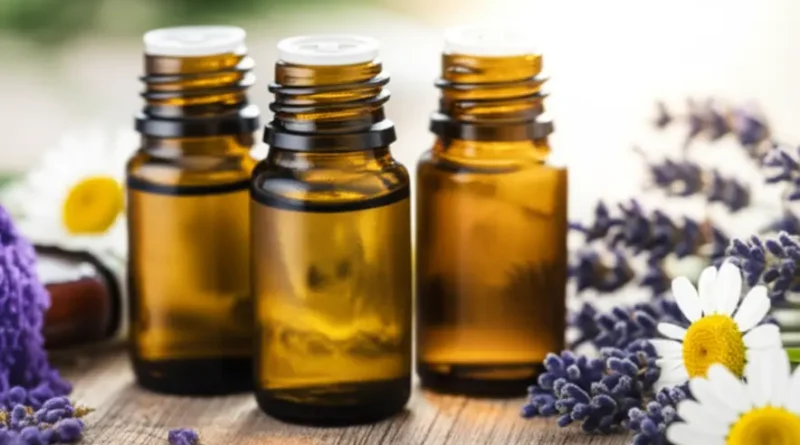How Aromatherapy Can Help Reduce Stress and Anxiety
Aromatherapy has been utilized for centuries to promote physical and mental well-being, employing the natural essences of various plants and herbs to enhance our quality of life. In today’s fast-paced world, more individuals are seeking holistic approaches to manage stress and anxiety, and aromatherapy stands at the forefront of these alternative therapies.
Stress and anxiety are prevalent issues in our society, often leading to adverse health outcomes, including chronic illness, depression, and an overall decline in quality of life. As people search for solutions beyond conventional medicine, aromatherapy presents a unique opportunity to address these issues naturally.
What Is Aromatherapy?
Aromatherapy is a holistic healing practice that utilizes aromatic plant extracts, known as essential oils, to enhance physical and emotional health. These oils are extracted from different parts of plants, including flowers, leaves, bark, and roots, and each oil possesses distinct properties tailored to various therapeutic needs.
The practice can be applied in various ways, including inhalation, topical application (when diluted in carrier oils), or by utilizing diffusers to disperse scents in the environment. Essential oils engage the olfactory system, which can trigger emotional responses and physiological changes, making them useful in managing stress and anxiety.
How Aromatherapy Works
The mechanism behind aromatherapy lies in its interaction with the limbic system, the part of the brain responsible for our emotions and memory. When we smell an essential oil, it stimulates the sensory receptors in our nose and sends signals directly to the limbic system. This connection can prompt a cascade of effects, including reduced heart rate, decreased blood pressure, and relaxation.
In addition, many essential oils have been studied for their anxiolytic (anti-anxiety) effects. They can help promote relaxation, improve mood, and reduce feelings of stress. Some common essential oils used in aromatherapy for stress and anxiety relief include:
- Lavender: Known for its calming effects, lavender oil can help alleviate stress, anxiety, and even insomnia.
- Chamomile: Often used for its soothing properties, chamomile oil is beneficial for relaxation and calming the mind.
- Ylang Ylang: This sweet floral oil can reduce stress and promote a positive outlook.
- Bergamot: With its citrusy aroma, bergamot is effective in lifting moods and providing a sense of calm.
- Frankincense: Often used for meditation, frankincense can enhance feelings of peace and promote inner strength.
Practical Approaches to Using Aromatherapy
If you’re considering incorporating aromatherapy into your daily routine to combat stress and anxiety, here are some practical approaches:
- Diffusion: Use an essential oil diffuser to disperse calming scents in your home or workspace. Start with a blend of lavender and bergamot to create a peaceful environment.
- Topical Application: Dilute essential oils in a carrier oil (like coconut or jojoba oil) and apply them to pulse points such as wrists, temples, or behind the ears. A calming blend of chamomile and ylang ylang can be particularly soothing.
- Aromatherapy Bath: Add a few drops of your favorite essential oils to a warm bath. This can enhance relaxation and provide a sensory retreat.
- Inhalation: Inhale essential oils directly from the bottle or use a tissue with a few drops to breathe in. This method can be effective in moments of acute stress or anxiety.
- Mindfulness Practice: Incorporate aromatherapy into your meditation or mindfulness routines. Use oils that help center your focus and induce tranquility.
Safety Considerations
While aromatherapy is generally considered safe, it’s essential to be mindful of a few precautions. Always dilute essential oils before topical application to reduce the risk of skin irritation. Additionally, perform a patch test to check for allergic reactions, especially if you have sensitive skin. Pregnant women, individuals with certain health conditions, or those taking specific medications should consult a healthcare provider before using essential oils.
Conclusion
In summary, aromatherapy is a powerful, natural approach to reducing stress and anxiety that can be seamlessly integrated into daily life. By harnessing the therapeutic properties of essential oils, individuals can cultivate a greater sense of well-being and resilience against life’s challenges. In a world that often feels chaotic, simple tools such as aromatherapy can be incredibly impactful for mental and emotional health.

